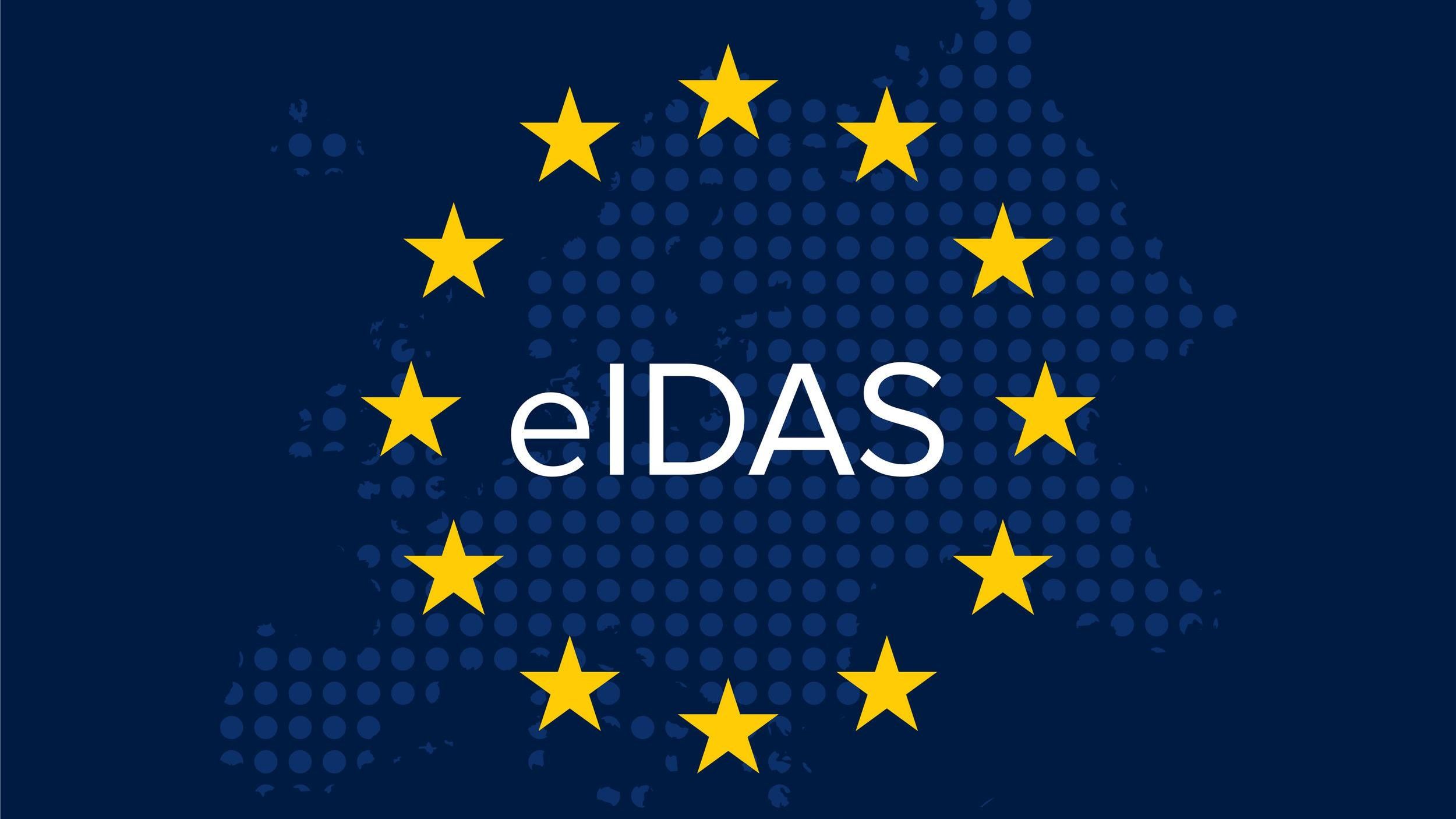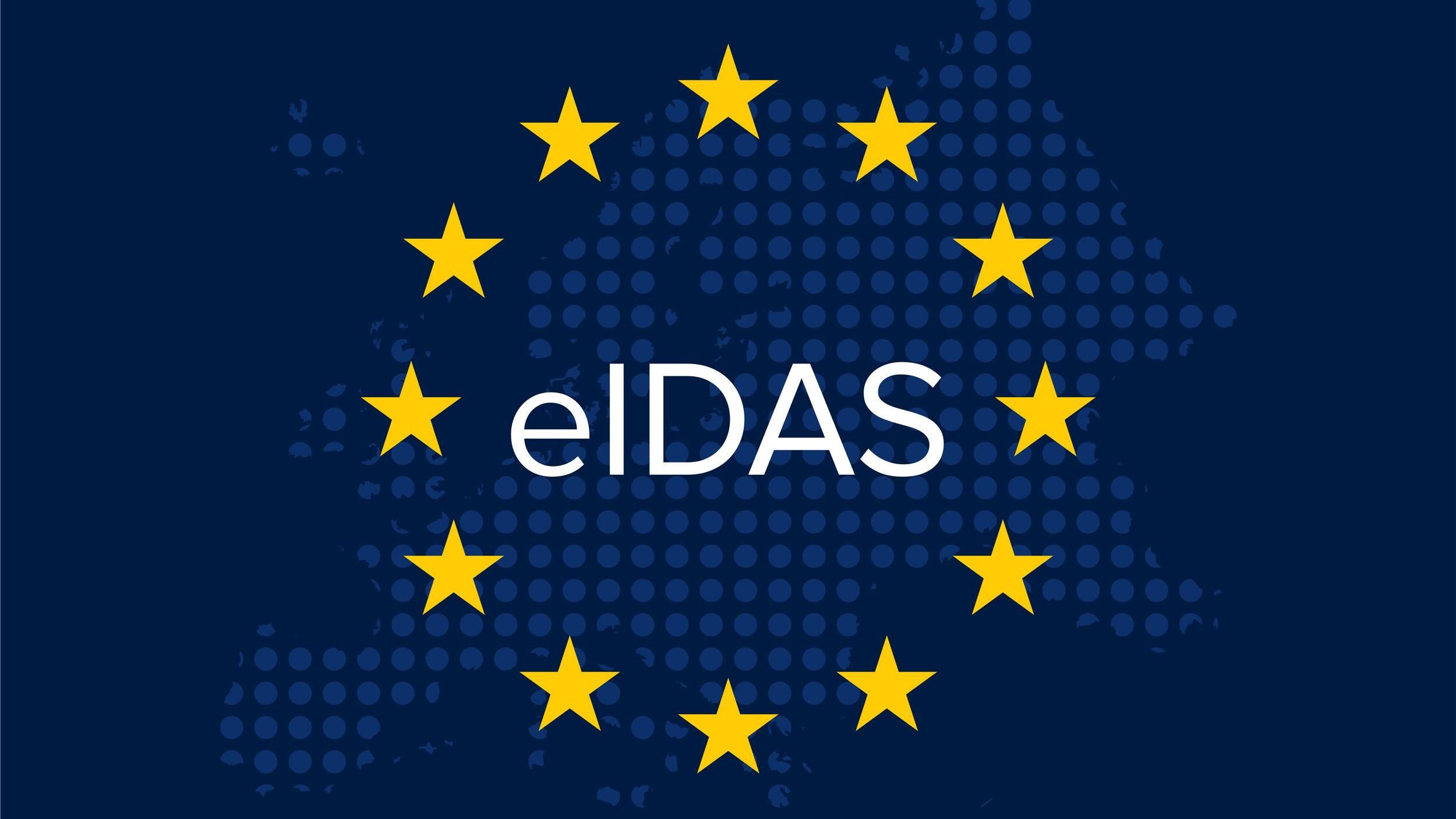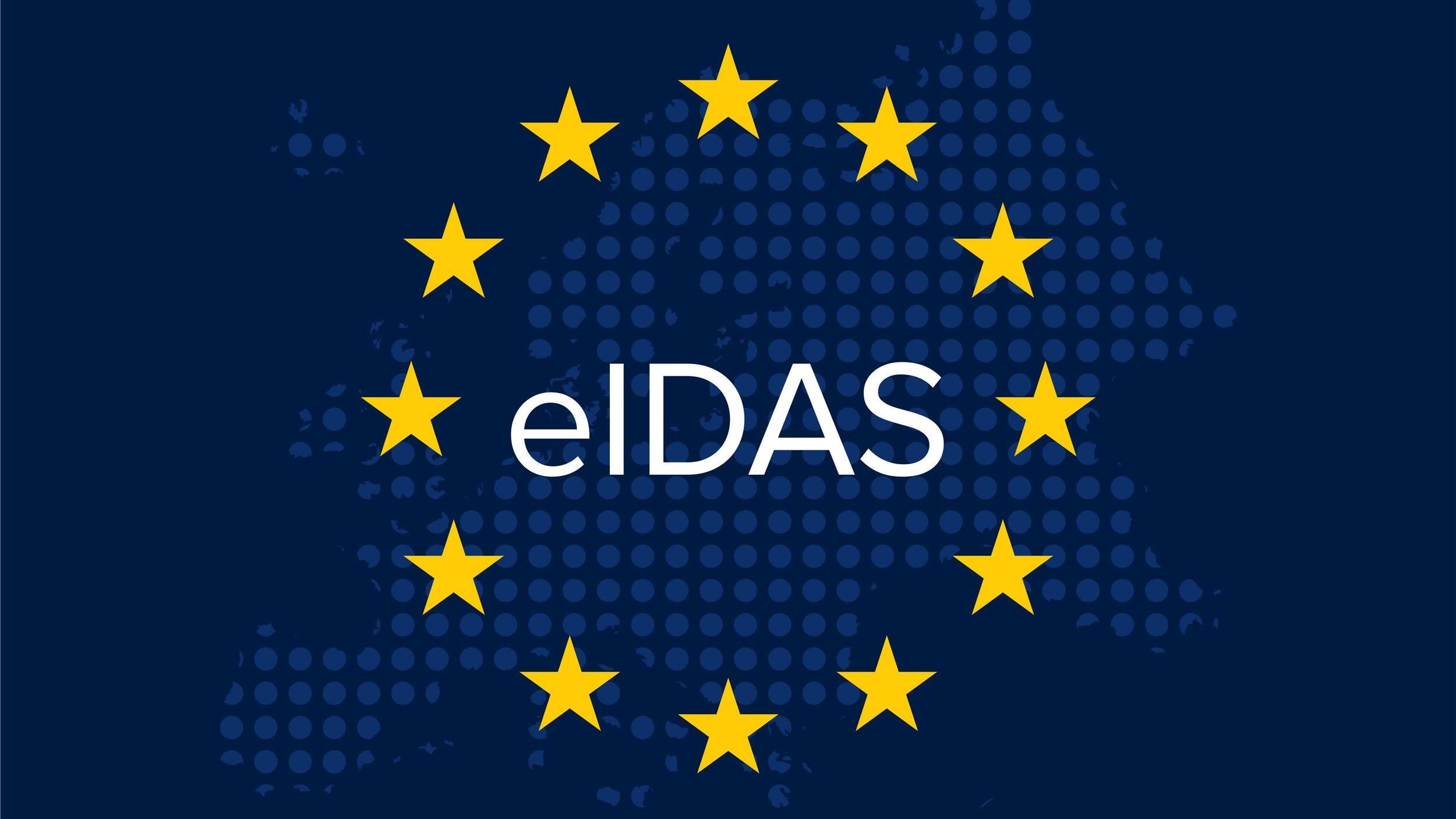
Lamo delves into this last topic. “I am convinced that there will be some more reticent, more denialist sector that is going to say: ‘This is to keep an eye on us.’ The objective is not that, or at least the original idea is not to control the citizen, but to try to improve your life with technology.” To face this line of thought, his recipe involves “a lot, a lot of pedagogy, explaining very well what this is for and the advantages it has”. Showing off this advice, he reiterates them: “Make your transactions simpler, make your life less complicated, be more digitalized. Moving towards the future and also in a very secure way, guaranteeing that in this way you are not going to share unnecessary data”. González points out: “Citizens will be able to prove their identity, share documents and access digital services in a simple, secure and recognised way throughout the EU, from their mobile phone. For example, accessing public services (such as applying for a birth certificate), opening a bank account or applying for a place at a university in any Member State”.
Pedagogy will also be necessary to overcome the reluctance of the population when it comes to sharing their personal information, no longer because of a matter of control, but because of a greater sensitivity to data theft. “It is about centralizing in a secure way and guaranteeing the citizen that at all times they will only give the necessary data,” says Lamo. “We have to give confidence,” he reiterates, “explain that this digital identity is not mandatory, of course, but each person, if they want it, can use it; that it will be to make their lives easier and that it is not a carte blanche to give the data to everyone”.
This is not mandatory and includes another of the social sectors that the digital portfolio can reach: those groups that do not have the technological skills or sufficient means to use it. The regulations do not establish that the use of the digital wallet is mandatory; Moreover, it is explicitly contemplated, in certain contexts of use, that the population should not have “any obligation to use a European Digital Identity Wallet to access private services and their access to services should not be restricted or hindered by not using a European Digital Identity Wallet”. Respect for this non-digital alternative can also help to alleviate the reservations of the groups most reluctant to share their data. There is still time for this scenario: at least two years in which the pedagogy that Lamo demands must be applied to promote an initiative that, well directed, has great potential.

